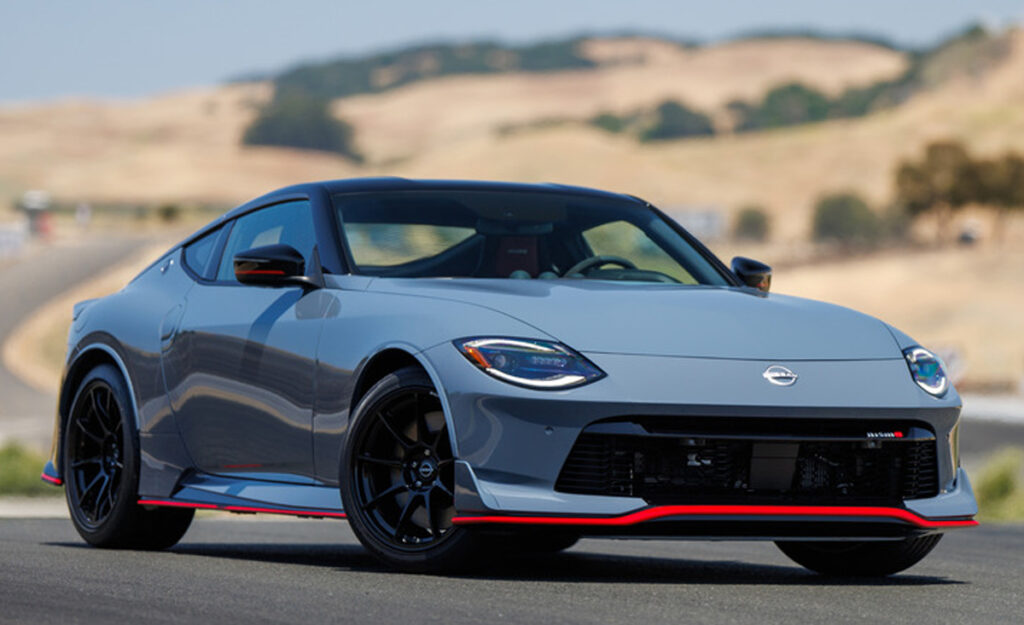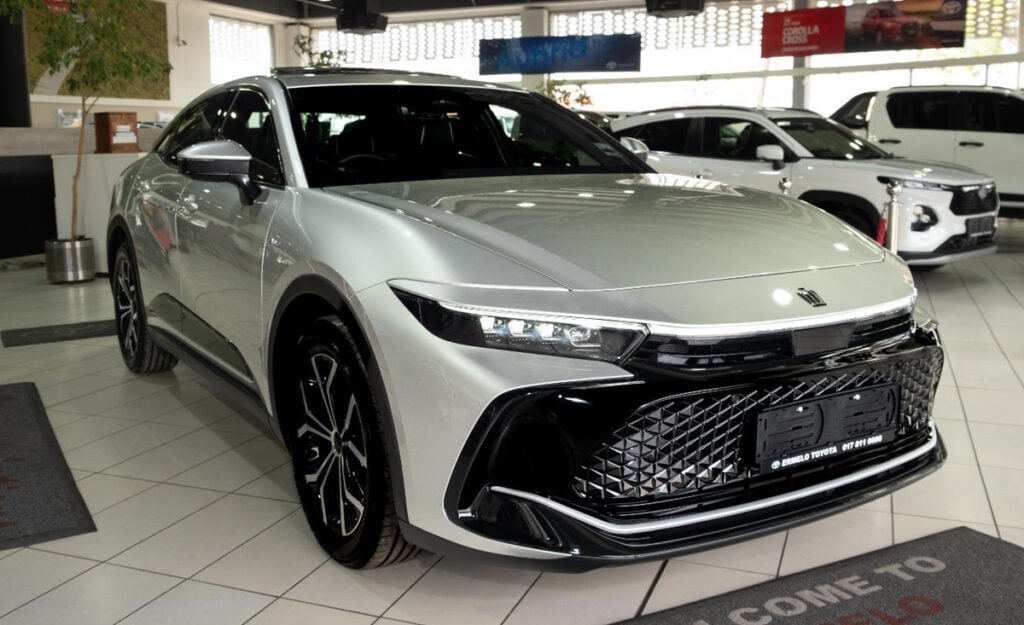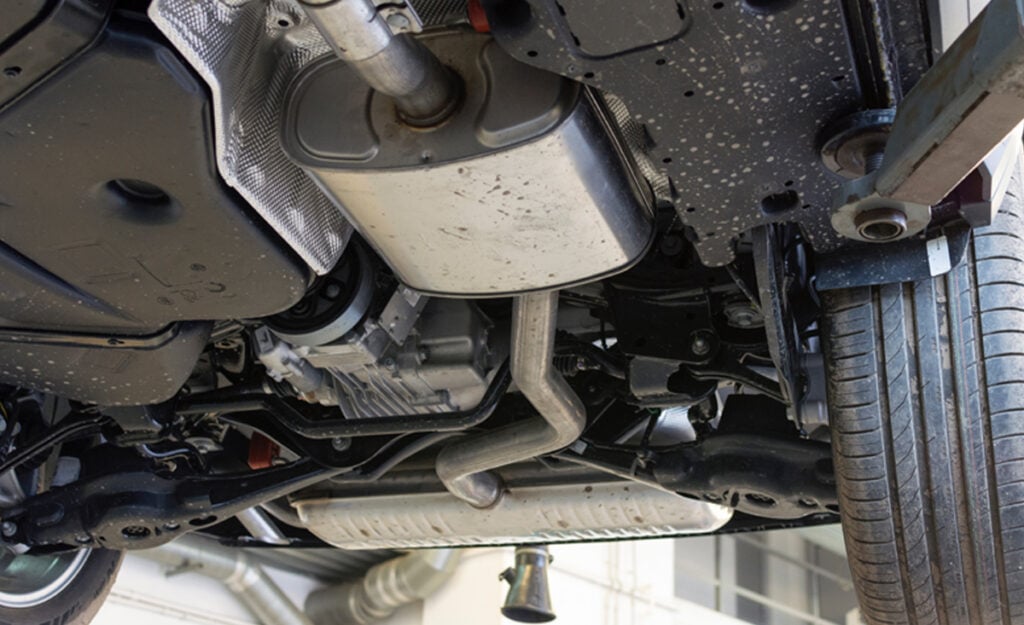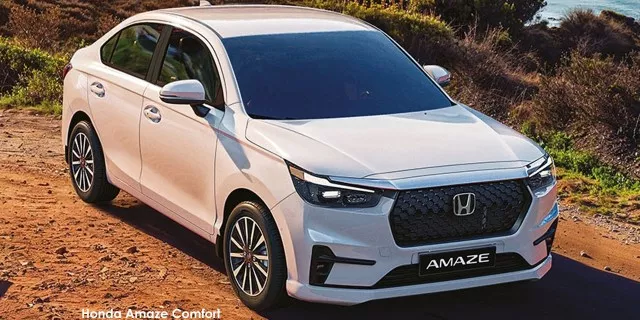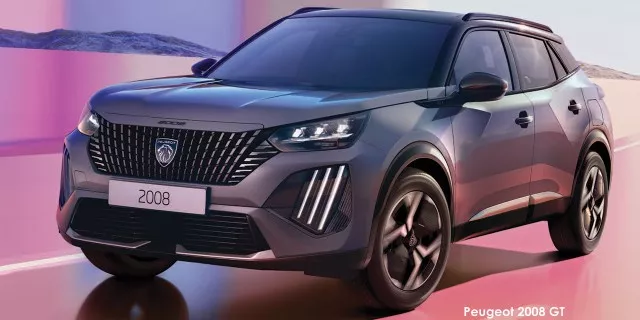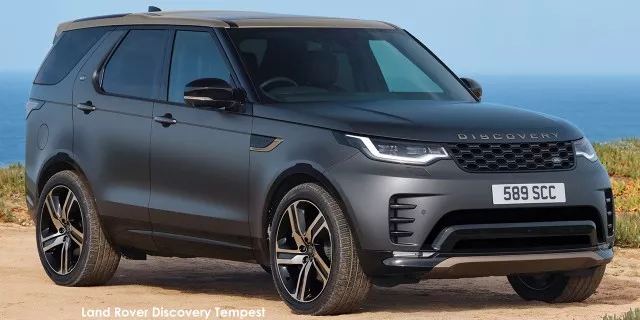How much the VAT hike could raise prices of the Toyota Hilux in South Africa
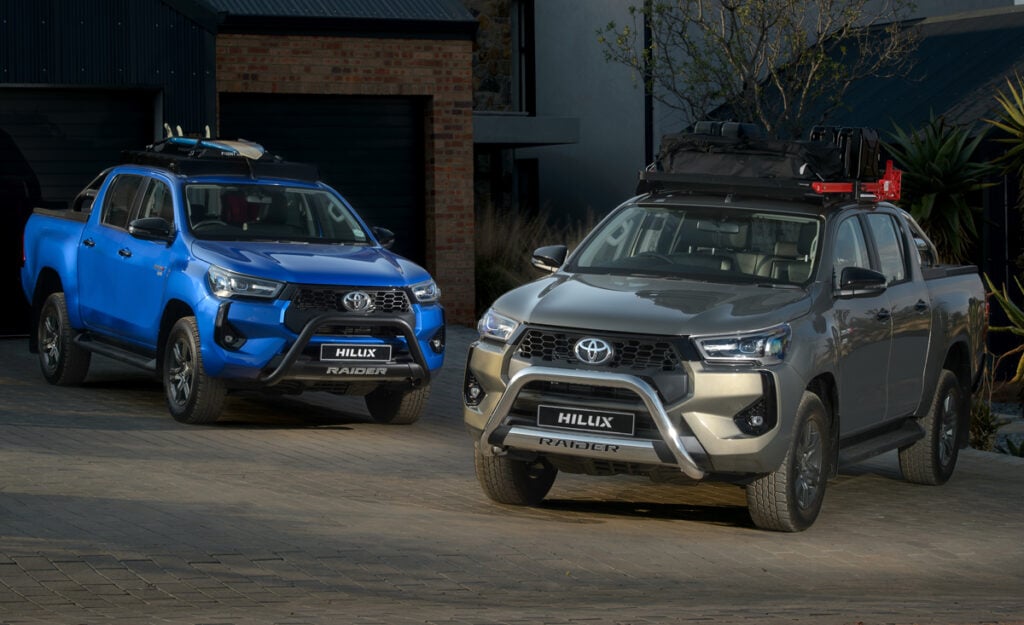
Finance house WesBank estimates that the impending VAT hike will lead to car price increases to the tune of R500 per R100,000 in South Africa.
This could see the starting price of the country’s best-selling vehicle, the Toyota Hilux, rise from the current R361,700 to a slightly higher R363,509.
In March, Finance Minister Enoch Godongwana proposed a 0.5 percentage point VAT increase for the 2025/26 and 2026/27 financial years, respectively, which will see the tax climb from 15% to 16% over the next two years.
The hike was deemed the most optimal solution to making up an R11-billion shortfall in the nation’s budget.
The minister said that expanding corporate or personal income tax would generate less revenue than required while potentially harming investment, job creation, and economic growth in South Africa.
Additionally, taking on additional debt to meet spending pressures is unfeasible as the amount
needed is simply too large and the interest on such a deal would be unaffordable.
“Our sub-investment credit rating would also make this level of borrowing costlier and put us at risk of even further downgrades,” said Godongwana.
A VAT increase is therefore the best solution to addressing government’s budget deficit as its impact is distributed across the entire populous, and it avoids further spending cuts in critical sectors.
The good news is that while the VAT hike is still on the table, it’s unlikely to come to fruition.
Marathon meetings held between the country’s major political parties last week indicated that there is little support for the increase outside the ANC, writes BusinessTech.
The Tax Amendment Bill must still be tabled in Parliament before its planned implementation on 1 May 2025, and it may not be passed should a VAT hike form part of it.
VAT impact on South Africa’s best-selling cars

The National Automobile Dealers’ Association (Nada) maintains that a VAT increase of any magnitude will harm consumers and the automotive industry at large.
As VAT is a consumption tax, each 1% increase is estimated to generate around R40 billion per annum.
“However, in a stagnant economy where consumers are already under severe financial strain, a broad and immediate price increase across all goods and services will have a widespread impact, with certain purchases, such as vehicles, being particularly affected,” said Nada.
“The rise in VAT will further erode disposable income, which is already stretched due to increasing costs of essential services such as rent, water, electricity, and food.”
With less disposable income, buyers could be forced to delay or reconsider big-ticket purchases such as a new car.
Dealers will therefore be negatively affected, and downstream industries such as finance, insurance, servicing, as well as parts supply will suffer.
The table below details how the VAT hike could potentially impact the prices of the country’s top 10 best-selling cars based on WesBank’s approximation:
| Model | Current price range | Potential new price range |
|---|---|---|
| Toyota Hilux | R361,700 to R999,000 | R363,509 to R1,003,995 |
| Isuzu D-Max | R452,400 to R1,182,100 | R454,662 to R1,188,011 |
| Ford Ranger | R574,000 to R1,270,000 | R576,870 to R1,276,350 |
| VW Polo Vivo | R271,900 to R363,100 | R273,260 to R364,916 |
| Suzuki Swift | R219,900 to R478,900 | R221,000 to R481,295 |
| Toyota Corolla Cross | R414,800 to R561,700 | R416,874 to R564,509 |
| Hyundai Grand i10 | R224,900 to R309,900 | R226,025 to R311,450 |
| Nissan Magnite | R224,900 to R410,700 | R226,025 to R412,754 |
| Mahindra Pik Up | R272,999 to R657,999 | R274,364 to R661,289 |
| Haval Jolion | R345,950 to R516,950 | R347,680 to R519,535 |
This shows that the suggested VAT adjustment could add anywhere between R1,100 and R6,350 to the price of South Africa’s favourite cars.
That said, these manufacturers can decide to absorb the extra fees and keep the selling prices unaffected by lowering their profit margins.
However, motorists will still be plagued with higher running costs over the course of ownership as parts and service prices will rise with VAT.
Insurance is likely to go up as well, as a portion of the premium is based on what it will cost to repair the insured vehicle, which, of course, depends on component and workshop fees.

